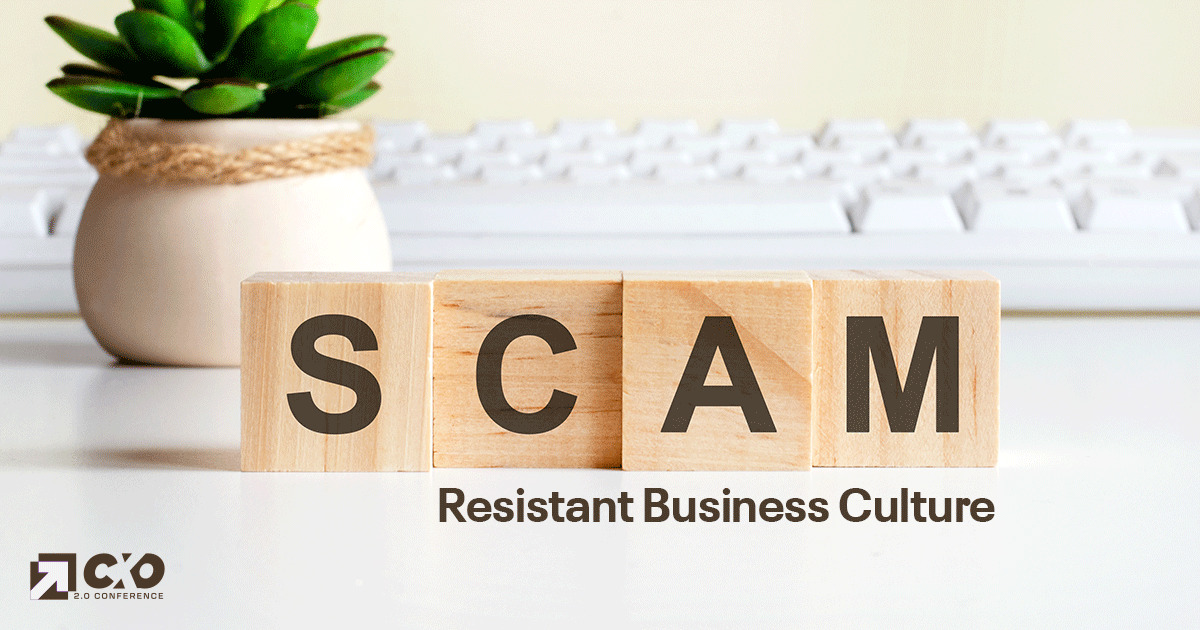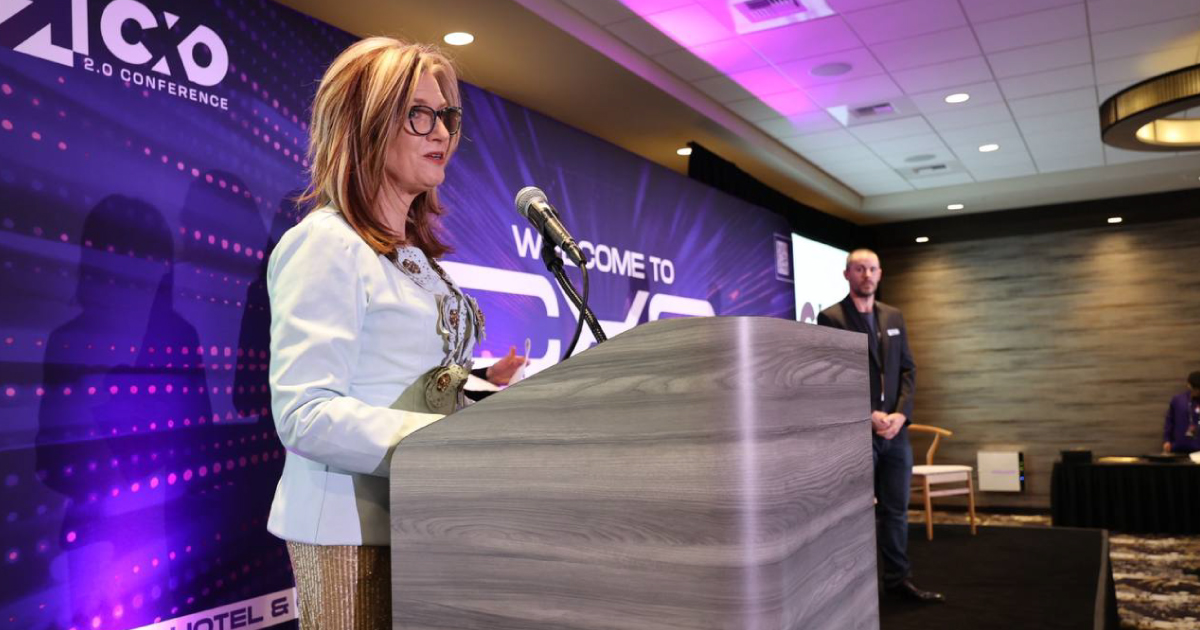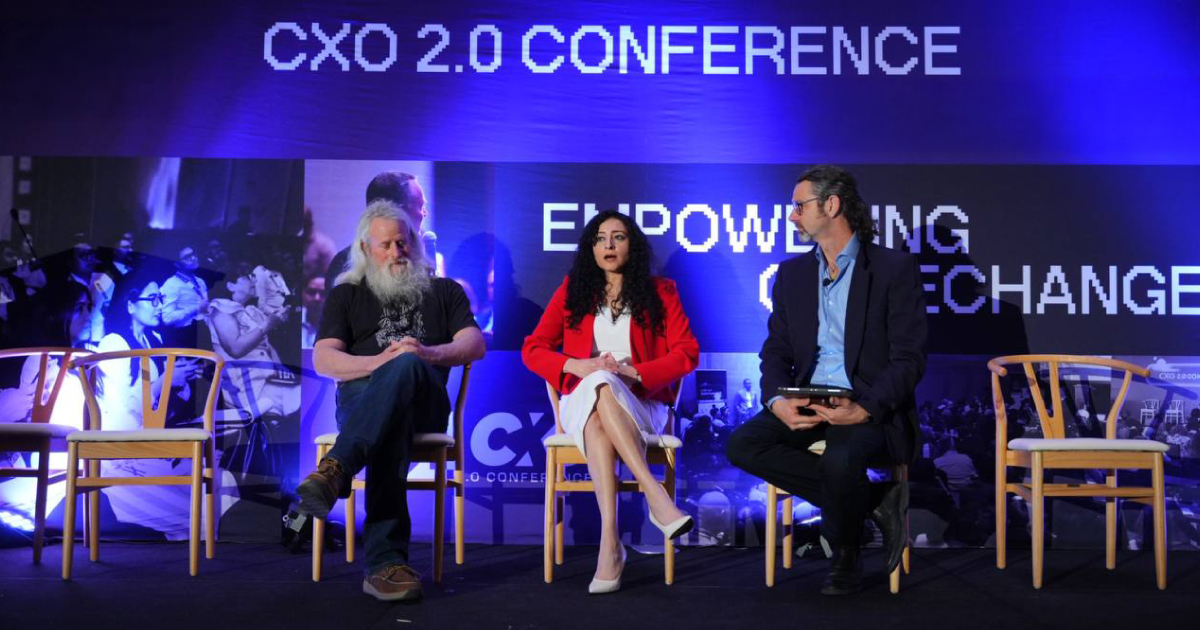In today's complex business landscape, maintaining trust and integrity is essential. With an increasing number of fraud practices, businesses must proactively create a scam-proof culture.
Top leadership conferences in 2024 are pooling efforts to make businesses more aware of such scams. Expert reviews suggest some key strategies for leading with integrity to establish a business culture free of scams. Let’s explore their insights and understand how business leaders can focus on creating a safe atmosphere for their companies.
Establishing A Strong Ethical Framework
The foundation of any scam-resistant business culture lies in a strong ethical framework. Company leaders must set clear expectations and standards for ethical behavior. Here are the key steps to consider, as CXO 2.0 Conference experts suggested.
- Lead By Example
Leaders should embody the highest ethical standards and serve as role models for their teams. Actions speak louder than words, and when employees see their leaders making ethical choices, they are more likely to follow suit.
- Develop A Code Of Ethics
Create a comprehensive code of ethics that outlines the company's values and principles. Ensure that this code is communicated to all employees and stakeholders. It should serve as a guide for decision-making at all levels.
- Ethical Training And Education
Regularly educate employees on ethical matters. Conduct training sessions and workshops that address common ethical dilemmas and provide guidance on how to handle them appropriately.
- Whistleblower Protection
Establish a confidential reporting system for employees to report unethical behavior without fear of retaliation. Encourage transparency and assure employees that their concerns will be taken seriously.
Strengthening Due Diligence Procedures
Experts at international leadership conferences suggest that preventing scams often requires a strong due diligence process. This involves thoroughly vetting business partners, suppliers, and customers. Here's how to strengthen due diligence procedures:
- Know Your Customer (KYC)
Implement stringent KYC procedures to verify the identity of customers and clients. This is particularly crucial in industries susceptible to fraudulent activities, such as finance and real estate.
- Supplier Screening
Before entering into partnerships with suppliers, conduct thorough background checks. Verify their reputation, financial stability, and adherence to ethical standards.
- Risk Assessment
Regularly assess and update your risk management processes. Identify potential areas of vulnerability and develop strategies to mitigate risks associated with fraud and scams.
- Third-Party Audits
Consider hiring independent auditors to review your company's financial records and operations. This external perspective can help uncover any irregularities or unethical practices.

Promoting A Culture Of Transparency
Transparency is a key factor when detecting scams and fraudulent activities. Top leadership conferences in 2024 have focused their agendas on creating more awareness about champion frauds, business phishing scams, and other types of scam activities. By doing this, they are helping leaders create an environment where unethical behavior is less likely to thrive. Here's how to promote transparency within your organization:
- Open Communication
Encourage open and honest communication among employees. Create channels for employees to voice their concerns and suggestions. An engaged workforce is more likely to act as a collective watchdog against scams.
- Financial Reporting
Maintain transparent financial reporting practices. Ensure that financial statements are clear, accurate, and compliant with regulations. Regularly share financial updates with stakeholders.
- Accessibility To Information
Make relevant information accessible to employees, customers, and partners. Transparency in decision-making processes helps build trust and reduces the likelihood of unethical actions.
- Reward Ethical Behavior
Recognize and reward employees who consistently demonstrate ethical behavior. This reinforces the importance of integrity within the organization and sets a positive example for others.
Implementing Stringent Security Measures
In today's digital age, protecting your business from scams involves robust cybersecurity measures. Cybercrimes are on the rise, and businesses need to be vigilant. According to insights from CXO 2.0 Conference, you can follow the below steps to stay alert and secure:
Data Encryption
Encrypt sensitive data to protect it from potential breaches. This includes customer information, financial records, and intellectual property.
- Access Control
Implement strict access control measures to ensure that only authorized personnel can access critical systems and data. Regularly review and update access permissions.
- Cybersecurity Training
Train employees to recognize and respond to cybersecurity threats. Phishing, malware, and social engineering are common tactics used by scammers. Educate your workforce to stay vigilant.
- Incident Response Plan
Develop a comprehensive incident response plan in case of a security breach. This plan should outline the steps to take when a breach is detected, including notifying affected parties and authorities.
To learn more about staying protected from business fraud, consider connecting with CXO 2.0 Conference. It is one of the leading international leadership conferences that gathers business professionals and senior leaders from around the world to hold discussions about the most important business topics in the field.
Conclusion
Leading with integrity and creating a scam-resistant business culture is not only an ethical imperative but also a strategic advantage. By establishing a strong ethical framework, strengthening due diligence procedures, promoting transparency, and implementing stringent security measures, businesses can significantly reduce their vulnerability to scams and fraudulent activities.
In today's competitive marketplace, trust is a valuable commodity. Companies that prioritize integrity and ethical conduct are more likely to earn the trust of customers, partners, and stakeholders, ultimately leading to long-term success and sustainability.
Using insights and reviews from CXO 2.0 Conference experts, you can take the proactive steps needed to build a culture of integrity and protect your business from scam attacks, and you'll be on the path to a brighter and more secure future.













